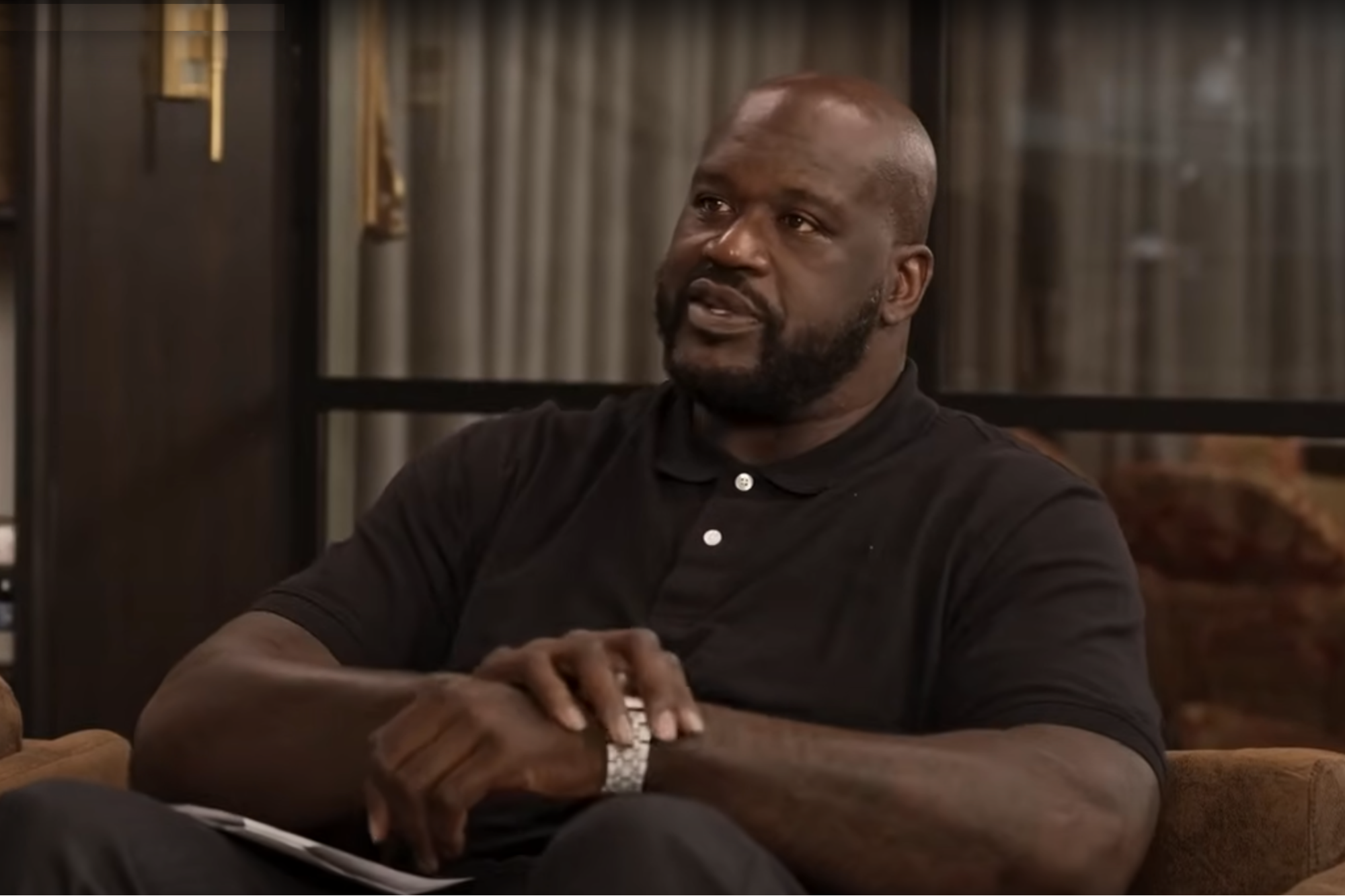YouTube Videos Can Now Earn Money During Content Disputes Previously, you wouldn't get anything from a video's advertising if someone else claimed that it violated their copyright.
By David Murphy
This story originally appeared on PCMag

YouTube is changing up the way it handles monetized videos that get hit with copyright claims. The switch is designed to give video creators a way to still make money on their videos while the dispute process plays out, in the hopes that instances where the dispute was actually incorrect don't cost a person a significant amount of lost revenue. However, creators who lose said disputes won't be able to cash in on their earnings during this contested time period; that'll go to the third party that filed the complaint.
"We strongly believe in fair use and believe that this improvement to Content ID will make a real difference. In addition to our work on the Content ID dispute process, we're also paying close attention to creators' concerns about copyright claims on videos they believe may be fair use. We want to help both the YouTube community and copyright owners alike better understand what fair use looks like online, which is why we launched our fair use protection program last year and recently introduced new Help Center pages on this topic," reads Google's announcement.
According to Google, less than 1 percent of content ID claims on videos are disputed by said videos' creators.
The company also notes that that the new system it has in place for Content ID claims, which involves both automatic and manual review of these submissions, has allowed Google to cut down on the number of erroneous claims that content creators have to deal with -- millions over the last year. Google now also restricts access to the dispute system in total if it finds that someone is attempting to abuse it for their own gain.
"We will continue to invest in both people and technology to make sure that Content ID keeps working for creators and rightsholders. We want to thank everyone who's shared their concerns about unintended effects from Content ID claims. It's allowed us to create a better system for everyone and we hope to share more updates soon," Google wrote.
Previously, Google announced that it was planning on defending some content creators' videos in court cases -- at least, for a handful of videos that Google feels are clear examples of content that's protected by fair use.
"With approval of the video creators, we'll keep the videos live on YouTube in the U.S., feature them in the YouTube Copyright Center as strong examples of fair use, and cover the cost of any copyright lawsuits brought against them," Google wrote back in November of last year.











